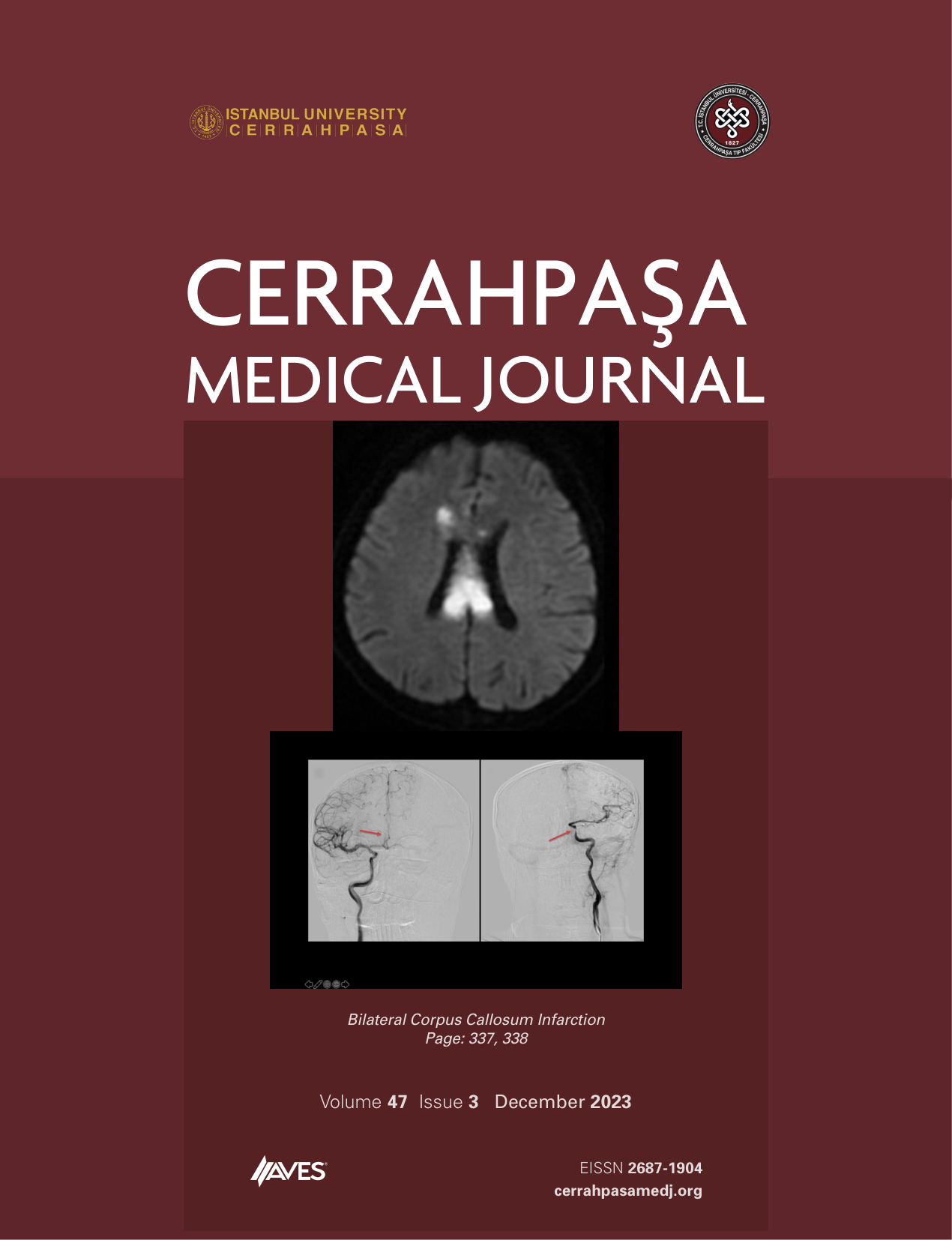Cancer is one of the diseases with the highest mortality rate in the world. Early diagnosis and treatment of cancer is very important to reduce this rate. Cancer is a disease caused by uncontrolled division and proliferation of the cell due to gene expression defects that occur as a result of abnormal changes in genes involved in cell functions. Mitochondria are a special organelles that has its own DNA like the nucleus and plays a role in important activities such as metabolism, cell death and aging in the cell. The risk of mutation is much higher due to the lack of protection of mitochondrial DNA with histones, its frequent exposure to reactive oxygen products resulting from oxygen respiration and the lack of advanced DNA repair mechanisms as much as nucleus DNA. Epigenetics is the branch of science that studies changes in gene expression without any alterations in the DNA sequence. An abnormal change in epigenetic mechanisms may cause tumor formation by affecting gene expression and since these changes are observed in the early stages, it is very important to identify candidate genes that can be used as epigenetic biomarkers in early diagnosis and treatment of cancer. The concept of mitochondrial epigenetics (mitoepigenetics) includes the changes in mitochondrial genes without changes in the sequence in mitochondrial DNA. Although many studies today have reported that mutations in the mitochondrial genome cause cancer, studies on revealing the relationship between epigenetic changes in mitochondria and cancer are recently emerging. Because of the defects in mitochondrial functions leading to carcinogenesis and tumor formation, understanding of mitoepigenetic mechanisms is necessary for the technological developments that can be used for early detection, prevention and treatment of cancer.
Cite this article as: Karataş M, Tunçdemir M. Mitochondrial epigenetics and cancer. Cerrahpaşa Med J. 2021;45(2):64-79.



